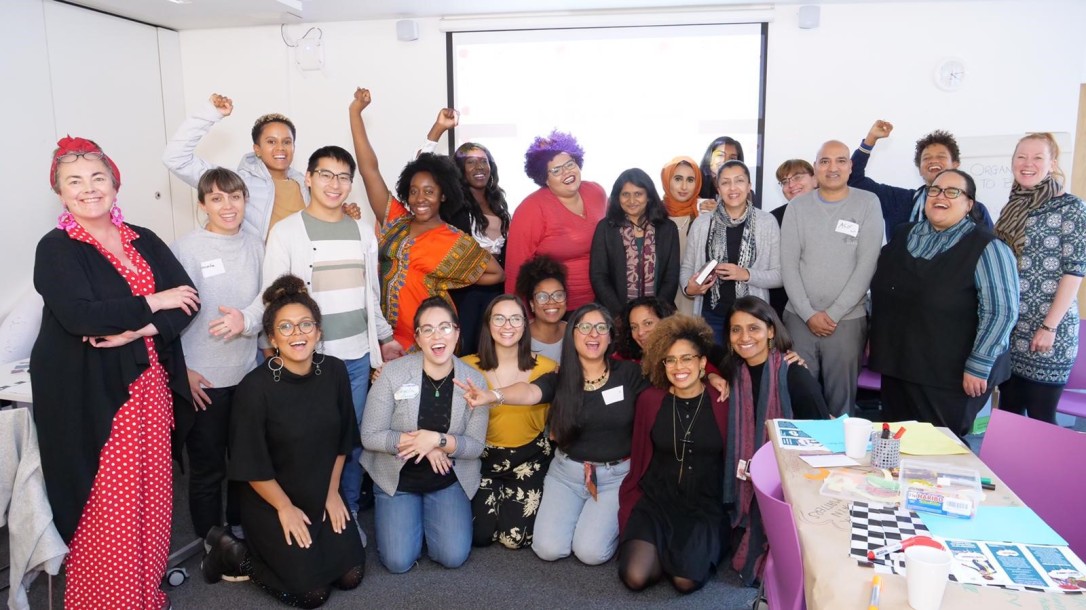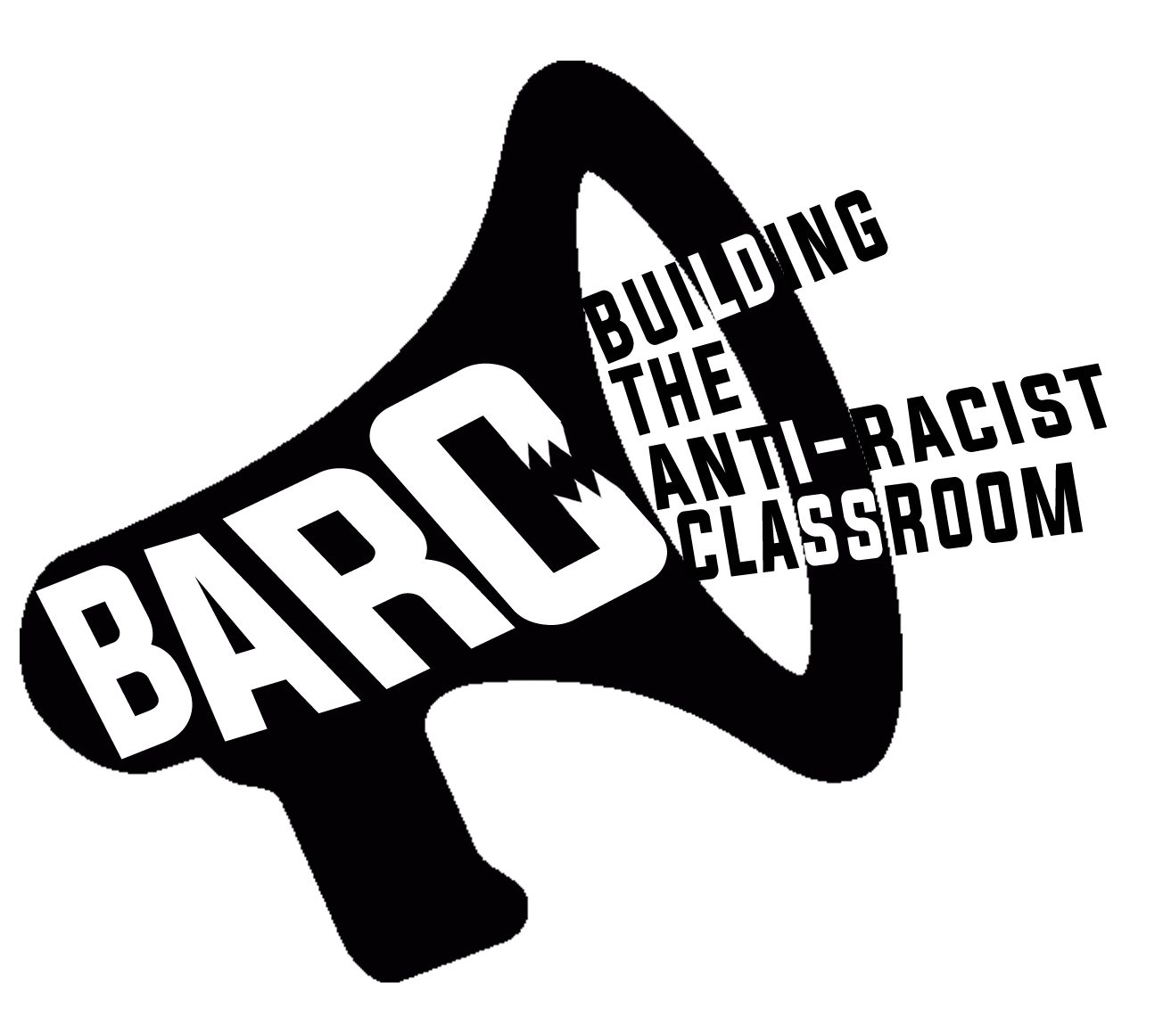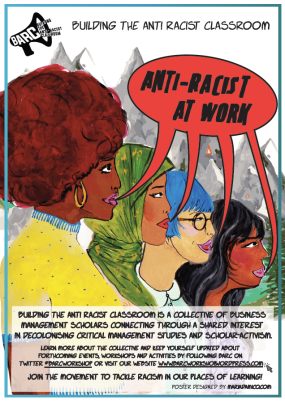BARC is an international collective of women of colour scholar activists. We aim to build anti-racist pedagogic communities of students and university workers through sustained collective organizing, collaboration and radical thinking. Our practice is led by our commitments to critical theory, intersectional feminisms and decolonizing frameworks.
BARC is transforming. In the past two years we have built spaces for communities of colour to learn from our own truths how to resist white supremacy. We have taught each other, as we were teaching others, how to bring about a future we wish to inhabit. At times, we have felt moments of liberation in ways that have affirmed the necessity for changing the way we relate to each other in higher education. We heard this echoed throughout the responses to our work. Because we recognise that this liberatory mode of being is inherently difficult to sustain in white patriarchal capitalist higher education structures, we have made a political decision to morph into the next most elegant (brown, 2017) manifestation of the spirit of the collective. We are and will continue responding to the calls we are currently heeding. We are committed to our own healing, ancestral healing, and personal and political liberation, which for us means actively and creatively shaping the possibilities emergent from the trajectories curtailed by imperialist colonialism and neo-colonialism (Gopal, 2019). In this travel through time, we take forward the skills we have developed and the bonds of kinship we have grown.
To do so, we are taking some key decisions: we are winding down our limited company, and will no longer be taking commissions to train white staff. We believe this form of work needs to be undertaken by those who currently uphold white structures and only in pursuit of change at an institutional level. While we will retain and maintain resources on our website and social media, we refuse the additional emotional labour expended to combat or soothe white ignorance, guilt and fragility. We also refuse the labour of fighting intersectional capitalist structures that devalue, commodify and deny rightful compensation for our work.
At the same time, this experience brought into relief the magic we each bring to the table and what that means for what we make together. We laid out all our cards. We became foils for each other, allowing us to sharpen our vision of what the collective could be and what collective work can do. This vision includes walking directly into the unknown, building a reality that has not before been seen. BARC will continue to be a container for action, a shaper of change, a changer of worlds, recognising throughout that pleasure is a measure of freedom (brown 2017, 2019). We are committing to transformation as a practice of liberation.
 Inaugural BARC Workshop Attendees, Oct 2018. Photo Credit: AMC Media
Inaugural BARC Workshop Attendees, Oct 2018. Photo Credit: AMC Media
References
brown, a.m.b. 2019. Pleasure Activism. Chico: AK Press.
brown, a.m.b. 2017. Emergent Strategy. Chico: AK Press.
Gopal, P. 2019. Keynote Speech at International Critical Management Studies Conference, Milton Keynes, UK. 27 June 2019.

 learning environments in which the voices of white students and the English medium are often dominant.
learning environments in which the voices of white students and the English medium are often dominant.